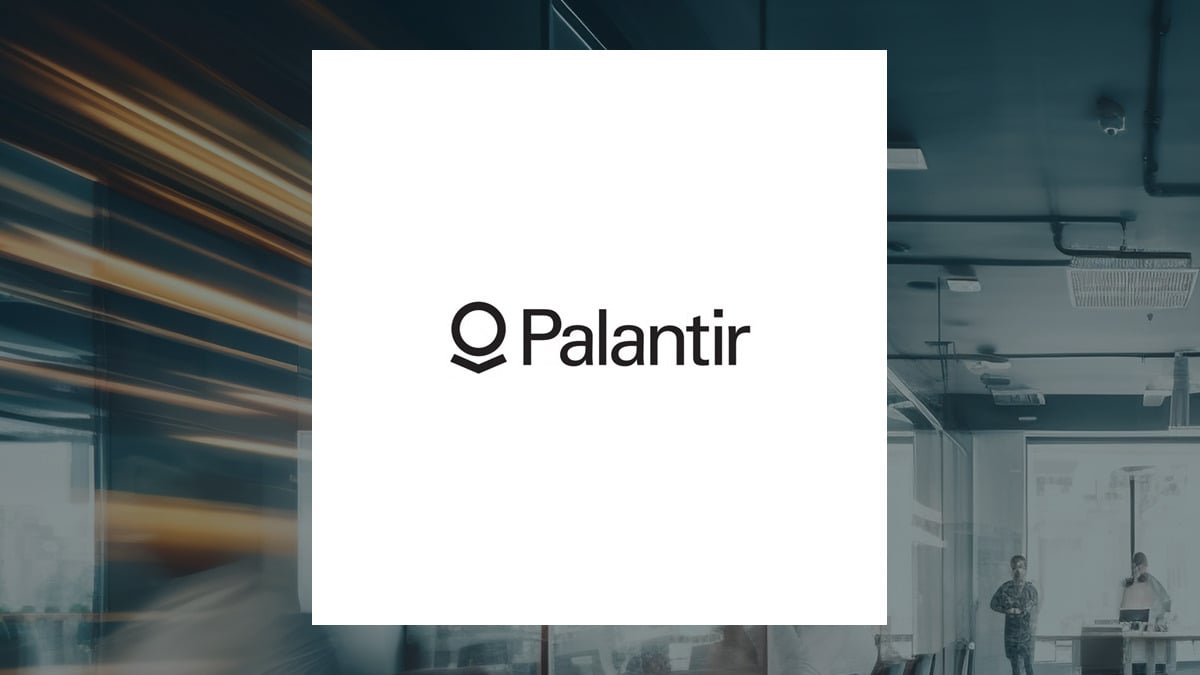Tensions Rise as Senators Discuss Shutdown and Global Affairs

On October 19, 2025, CBS’s “Face the Nation” featured a dynamic discussion addressing rising tensions in the Caribbean and the ongoing U.S. government shutdown. The broadcast included insights from Democratic Senator Mark Kelly of Arizona, Republican Senator Katie Britt of Alabama, and Christine Lagarde, President of the European Central Bank. The panel explored the implications of U.S. military operations in Venezuela, the impact of tariffs on the global economy, and the ongoing negotiations regarding healthcare and education reform.
Military Operations and Venezuela
Senator Kelly expressed concern regarding the U.S. military’s increasing involvement in Venezuela, citing the deployment of approximately 10,000 U.S. forces in the Caribbean and recent airstrikes that have resulted in the deaths of 29 individuals accused of drug trafficking. He questioned whether the Trump administration is pursuing regime change, noting, “Regime change hasn’t ever really worked out well for us as a nation.” Kelly emphasized the risks associated with military actions, particularly for American personnel involved in operations that he believes should fall under law enforcement rather than military jurisdiction.
During the discussion, Kelly revealed that he had significant reservations about the legal justifications being presented for these military operations. He stated, “They had a very hard time explaining to us the rationale, the legal rationale, for doing this.” He pointed out that the traditional methods for addressing drug trafficking in the region have typically relied on Coast Guard operations, not military intervention.
As tensions escalated, President Trump continued to take a hard stance on Venezuela, threatening further action against President Nicolas Maduro. In a recent statement, Trump remarked, “He doesn’t want to mess around with the United States,” reflecting his administration’s aggressive approach to foreign policy.
Government Shutdown Discussions
The conversation then shifted to the ongoing government shutdown, which has entered its third week. Senator Britt underscored the urgency of reopening the government, stating, “We need to reopen the government. Democrats need to come to the table and do the right thing.” She highlighted the adverse effects of the shutdown on military personnel, veterans, and families relying on government assistance programs.
Britt also addressed the rising healthcare premiums affecting her constituents. She noted the need for urgent negotiations to prevent further increases, specifically emphasizing that “premiums are going to go up on November 1 for people.” Both senators expressed a desire for bipartisan cooperation to resolve the budget impasse and address the healthcare crisis.
As the discussion progressed, the senators highlighted the potential for a solution if both parties engage in meaningful negotiations. Kelly mentioned a recent offer from Republican leader John Thune to discuss healthcare solutions, indicating a willingness among some lawmakers to collaborate in resolving the shutdown.
Global Economy and Tariffs
Turning to global economic matters, Christine Lagarde provided insights into the impact of U.S. tariffs, which are projected to cost global businesses upwards of $1.2 trillion this year. Lagarde emphasized that the tariffs have disrupted traditional trade patterns and created uncertainty in the global marketplace. She cautioned that the full repercussions of these tariffs are yet to be felt, indicating that consumers may soon bear the brunt of increased costs.
Lagarde remarked, “The question is, where does this additional 11-ish percentage point go?” She explained that the burden of tariffs is currently shared among exporters, importers, and consumers, but as profit margins tighten, it is likely that consumers will ultimately face higher prices.
The European Central Bank President also commented on the broader implications of economic policy shifts, noting the transformative role of artificial intelligence in reshaping industries and the economy at large. She expressed optimism that collaboration between nations could mitigate some of the challenges posed by current trade tensions.
Higher Education Challenges
The segment concluded with a discussion on higher education, focusing on the Trump administration’s proposal for universities to align with federal priorities. Professors from the University of Virginia, University of Arizona, and University of Southern California voiced their concerns regarding the potential limitations on academic freedom posed by the administration’s compact.
Professor Jeri Seidman from the University of Virginia emphasized the importance of free speech in academic environments, stating that no university should be compelled to limit constitutional rights. Meanwhile, Professor Miki Turner noted that the compact’s requirements could significantly affect recruitment and campus diversity.
As universities grapple with these federal mandates, the professors expressed a collective desire to maintain autonomy over their educational policies and uphold the principles of academic freedom. The tension between federal oversight and institutional independence remains a critical issue as the deadline for feedback on the compact approaches.
The discussions on “Face the Nation” highlighted the pressing issues facing the U.S. today, from international relations and military strategy to domestic governance and education policy. As stakeholders navigate these complex challenges, the need for cooperation and dialogue among leaders from various sectors has never been more crucial.






